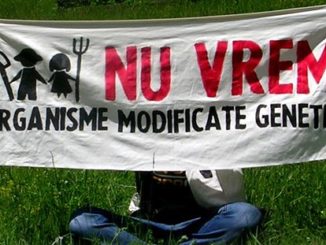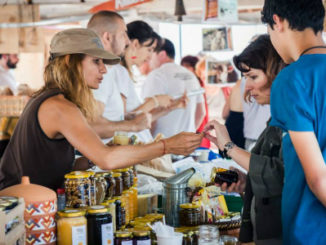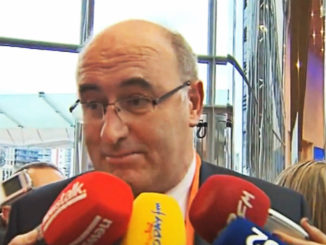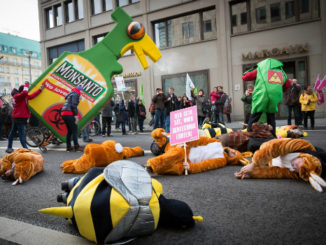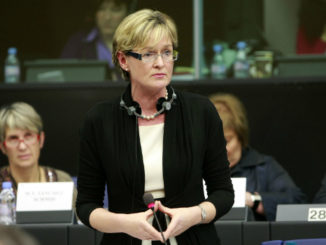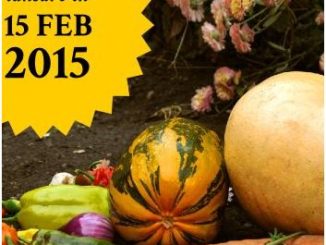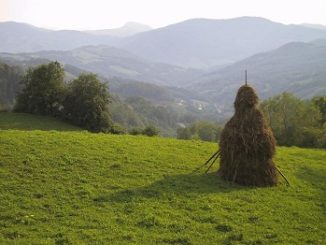Analysing CAP expenditure provides a great opportunity for civil society organisations to assess whether CAP will really be, as was promised, greener and fairer. Here on CAPWatch, we will give you the facts and provide our own analysis. So CAPWatch will step behind the basic stats and the spin, and, using our own specially developed metrics, reveal just how fair and green CAP 2014-2020 is.[show-map id=’1′] For more details click on the member stateThe details used here will mainly be ex-post expenses, based on the financial reports provided by the European Commission and data provided by EuroStat. Expenditures are annually published by the European Union: this gives us the chance to make analyses and comparisons on a quantitative basis. This then allows for the calculation of very simple and useful indicators, such as percentages, monetary values of expenditure per Member State (MS), per hectare, for specific policy objectives etc.) to figure out the way CAP money is spent on land, per worker*, per value added and per rural development priority. These calculations will highlight the real weight of […]



